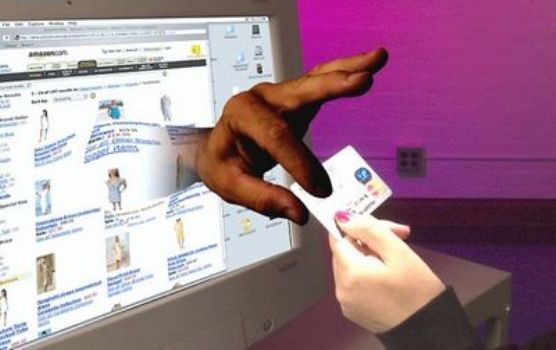 Society
Society

At the beginning of last year a woman named H. in HCM City transferred a total of VNĐ10 billion (US$437,800) in several times to a man she met on social media upon his request. She later realised it was a scam.
 |
HCM CITY — Last year, H, a HCM City resident, transferred a total of VNĐ10 billion (US$437,800) to a man she’d met on a social media website.
The man, Jame, introduced himself as an American marine engineer based in the US. After getting to know each other, Jame promised he would marry H. and help her immigrate to the US.
In March 2016, Jame told H. he was going to Malaysia to invest in a $4 million oil extraction project. He asked to borrow some money from H for five months, promising that he would give her $500,000 and come to Việt Nam to marry her after finishing the project.
He never did. In July 2016, H. filed a complaint with the city police.
The number of Vietnamese women tricked by online scammers, starting with ‘love affairs’ on social media, has tended to increase in recent years, especially in HCM City, according to the Crime Police Department under the Ministry of Public Security.
Ninety-eight per cent of the victims hold college degrees and the majority of them have stable jobs, said Lâm Thị Ngọc Hoa, vice chairwoman of the HCM City Women’s Association.
Over the last three years (2014-2016), HCM City police have received 58 complaints. They have brought 32 cases to trial, apprehending 21 suspects, two of whom were Nigerian men. The total amount of scammed money was VNĐ22 billion ($963,000).
The Crime Police Department sees the online scammers as a new type of criminals with a bag of “cunning tricks.”
Typically, they are foreign men who play the roles of successful businessmen, politicians, engineers, etc., and use social media platforms to befriend middle-aged Vietnamese women with “glamorous appearances,” according to the department.
It says that, broadly, there are two groups of people involved in these scams.
The first group consists of foreigners of African origin, mostly Nigerian, who set up fake social media accounts and build fake profiles of “rich men in troubled family circumstances.” Then, they befriend and court Vietnamese women, and convince them they hope to live with them in Việt Nam.
To gain the women’s trust, the scammers also express their desire to send them expensive gifts and a lot of money hidden in containers and packages, fabricating shipping bills to look like they are coming from authentic delivery companies. Then they ask the women for their full names, addresses and phone numbers, and provide this information to the second group.
The majority of people in the second group are Vietnamese women who have been in relationships with, or have children, with the foreign suspects, the department says.
These women disguise themselves as customs officials at the Nội Bài and Tân Sơn Nhất airports or staff of international delivery companies, and tell the victims that they have received packages from foreign countries with the names and nationalities of the scammers on them.
They ask the victims to pay a several dozen millions of đồng as customs fees to receive the packages. After the victims fall for the trick and transfer the money, these women would contact them again, saying several millions of dollars in cash, or gifts that are just as expensive, have been found in the packages, and if hey do not pay another ‘customs fee’ of 10 per cent of the total value of the gifts, the packages would be either confiscated or returned to their places of origin.
If and when the victims transfer this money, the scammers throw away their SIM cards and cannot be reached any more.
Since the social media platforms are based in foreign countries, it is difficult for the police to collaborate with them to track down the scammers, police say.
They also acknowledge many loopholes in the State’s management of e-commerce and online payments of State-owned agencies, enterprises and individuals. Regulations on handling high-tech crimes are not comprehensive and fail to meet actual needs.
The investigation process is also hindered by the fact that the scammers live either in foreign countries or in private apartment complexes, hardly making contact with local residents and using fake identities.
Some of them are always on the move and change their addresses often. Their partners-in-crime also use fake personal information and unregistered SIM cards when contacting victims, so that it is impossible to retrieve information from their call logs.
The bank accounts to which the victims send money are set up by Vietnamese, sometimes with fake ID cards, but the money is withdrawn from ATMs in foreign countries.
The Crime Police Department says collaboration with concerned countries like Cambodia and Malaysia is crucial for apprehending the scammers.
Immigration procedures should be tightened for people coming from China, Taiwan and Africa, and stricter controls are needed for registering mobile phone numbers, it adds. — VNS




